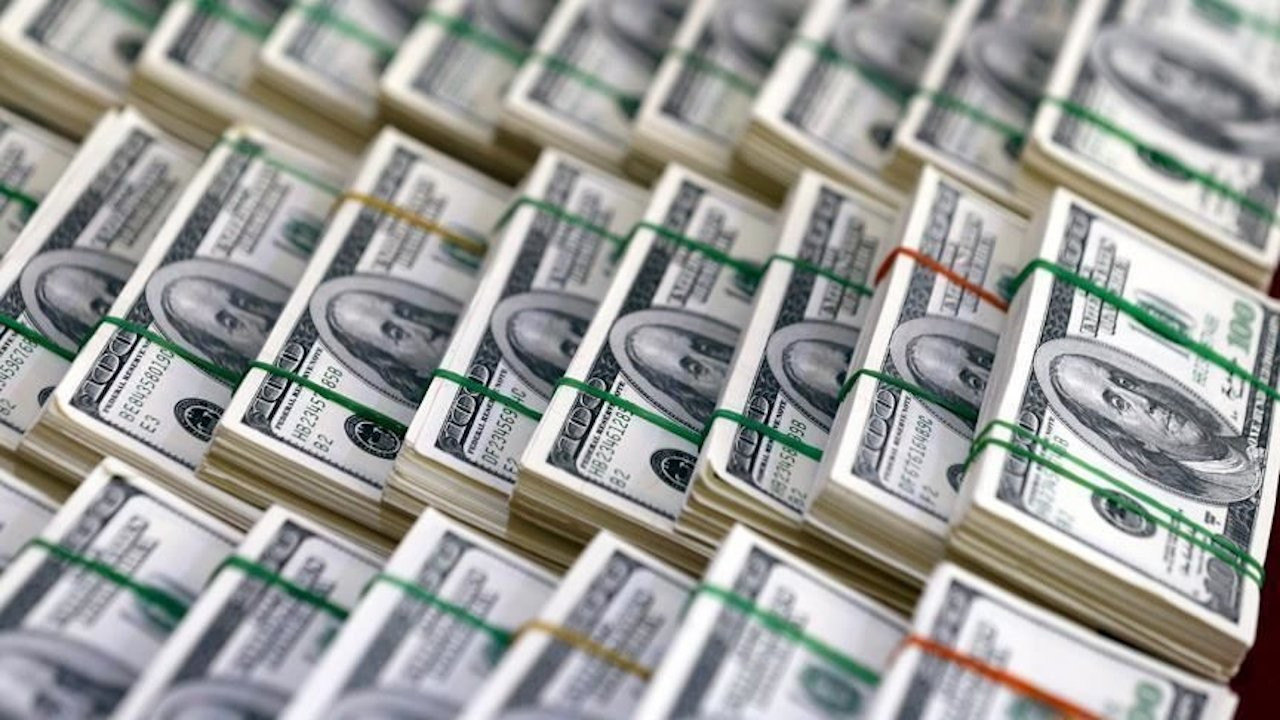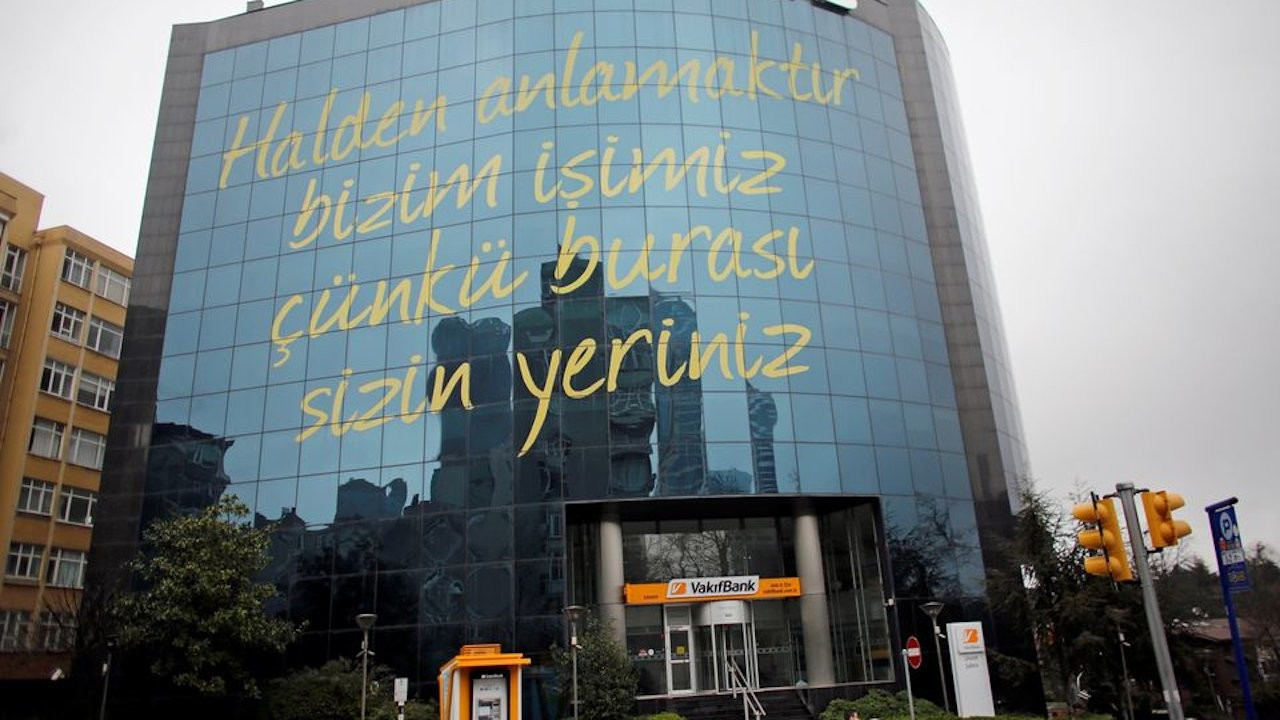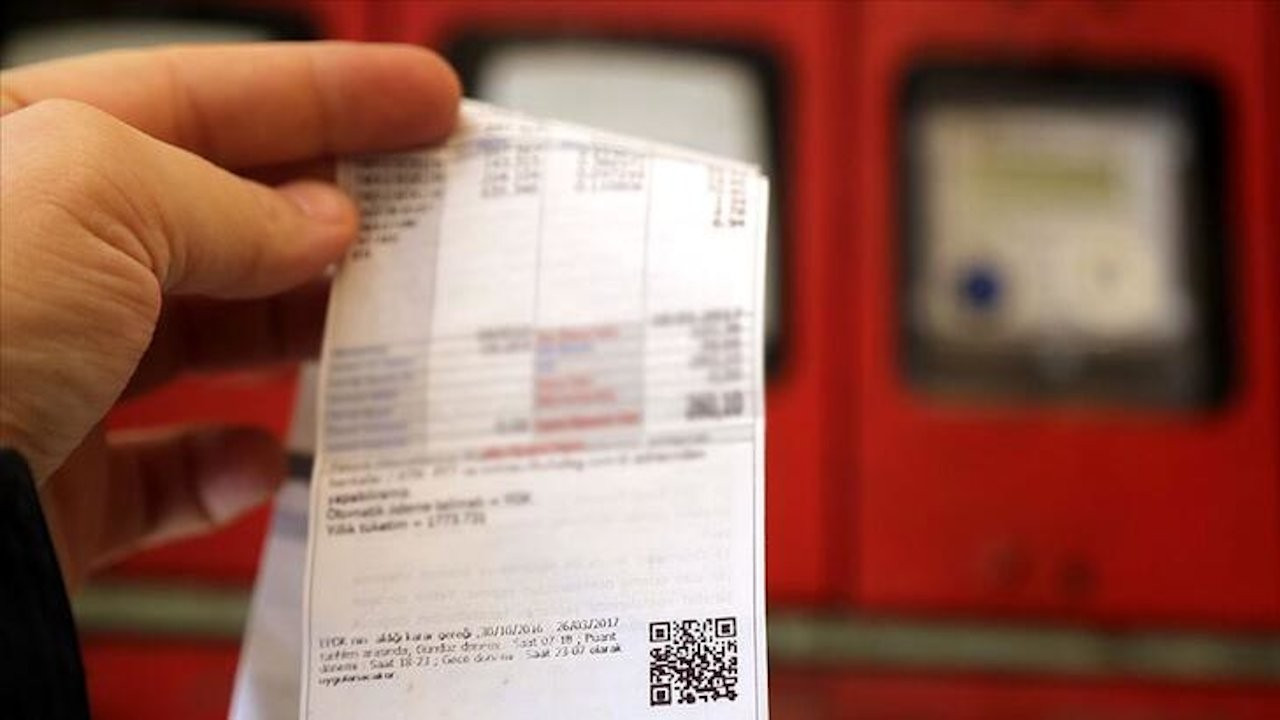'Real value of lira at all-time low, Erdoğan to blame'
Turkey's Central Bank published the real effective exchange rate for June 2021, which showed that the rate has hit an all-time low of 59.77 points.
K. Murat Yıldız / Duvar English
Turkey's Central Bank has published the real effective exchange rate for June 2021, which showed that the rate has hit an all-time low of 59.77 points.
The real effective exchange rate, which depicts the real value of the Turkish Lira (TL), is even lower than it was during the 2001 financial crisis.
The decline in the real effective exchange rate, which began in March, reached 59.77 in June, the lowest level in history. In 2001, it was 87.6 and in 2002, it was 95.9.
The real lira value based on the Consumer Price Index (CPI) was 67.28 on average in 1994. The lira, which was worth 100 index points before the 2001 crisis, decreased to 75 even during the 2001 crisis. At its best, the lira saw a value of 127 between 2008-2011.
Pandemic effect
The real effective exchange rate, which peaked at 75 in 2020, the year of the pandemic, began to fall in November, reaching a low of 60.45. The real effective exchange rate then began to rise, eventually surpassing 69 in February. However, the real effective exchange rate entered a downward trend again as of March.
In June, the PPI-based Real Effective Exchange Rate Index stood at 75.89 points. The Index for the previous month was revised from 77.04 to 75.70 points.
The real effective exchange rate, which fell 3.74 points to 65.71 in March, rose to 62.3 in April and 60.6 in May, according to data released by the Central Bank.
This data was released shortly after Central Governor Kavcıoğlu’s meeting with bankers, during which he noted that the Central Bank will take steps "to protect the value of the lira and increase its reputation."
Better if the Central Bank does not take action
According to experts, tying required reserve ratios to loan growth, asset ratios, selling reserves through public banks to defend the lira, and using interest rates well below inflation to stimulate the economy are some of the most important factors in determining the present value of the lira.
Economy columnist Emral Lafçı went even so far as to say that it would be better for the lira if the Central Bank does nothing from now on.
“If the Central Bank takes the same steps similar to those in the past ‘to protect the value of the lira and increase its reputation,’ I believe it would be better if it will not take any steps at all,” he told Duvar English.
“I am sure if they had not taken any action and only the expected and actual inflation rates were averaged, a Credit Default Swap (CDS) premium was added, and interest rates were kept at this level, we would have much lower inflation and interest rates now,” Lafçı added.
Pointing to the control and influence of President Recep Tayyip Erdoğan on the Turkish economy and the government’s monetary policies, Lafçı noted that, “whatever plans are made and decisions are taken by relevant authorities, in the end the President has the last say. We saw this in the appointment and firing of TCMB’s governors,” he noted.
“The President's decisions and statements are one of the most important determinants of the value of the lira and the exchange rate. On June 1, the President spoke on state television and the dollar went up from 8.50 to 8.70,” Lafçı pointed out.
Lafçı believes that the removal of former Central Bank Governor Naci Ağbal last March was a milestone.
“After Ağbal reduced the interest rate, pro-government newspaper Yeni Şafak attacked him on its front page the following day, the same day President Erdoğan removed Ağbal from his position and a columnist from the same newspaper was appointed to Ağbal’s position,” he pointed out and noted that, from that day on, Erdoğan took full control of the economy abolishing all relevant institutions and practices.
“While the President claims to be opposed to high interest rates, he is the primary cause of the current economic situation, as he raises the risk premium in response to the unpredictability he creates,” Lafçı concluded.

 Current account deficit hits $3.08 bln in May, exceeding expectationsEconomy
Current account deficit hits $3.08 bln in May, exceeding expectationsEconomy Turkey's banks 'set for capital healing after pandemic battle'Economy
Turkey's banks 'set for capital healing after pandemic battle'Economy Struggling Turks see more price hikes in electricity, natural gasEconomy
Struggling Turks see more price hikes in electricity, natural gasEconomy